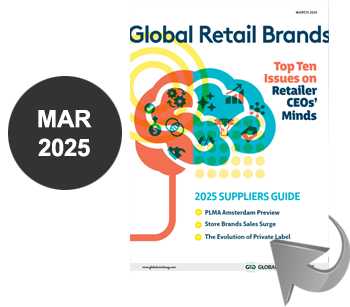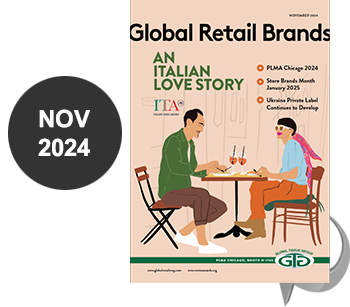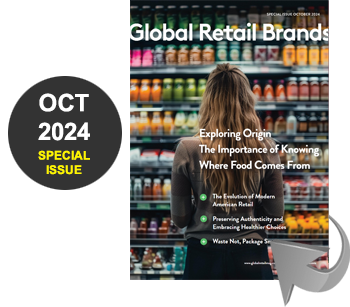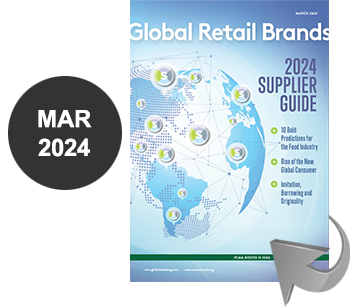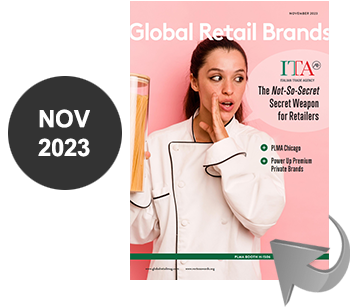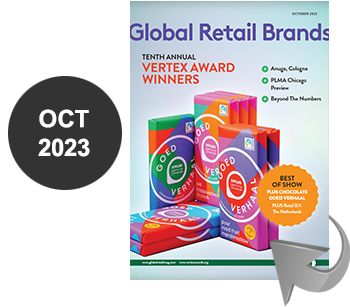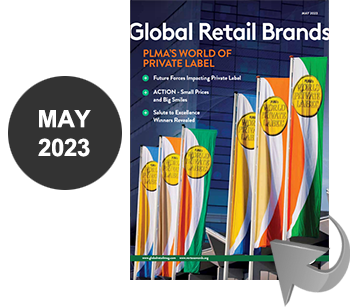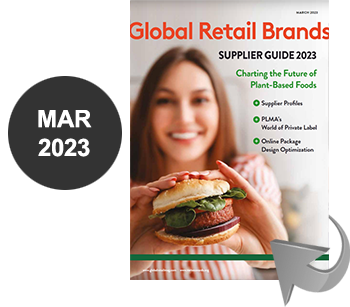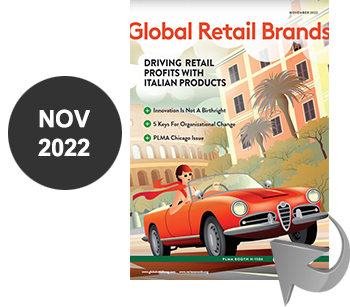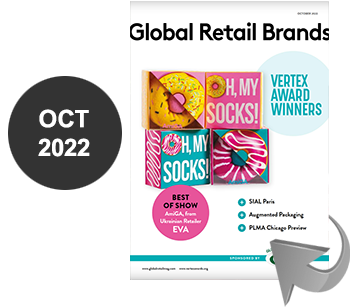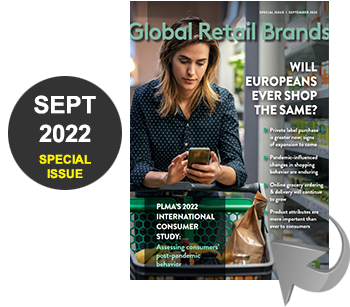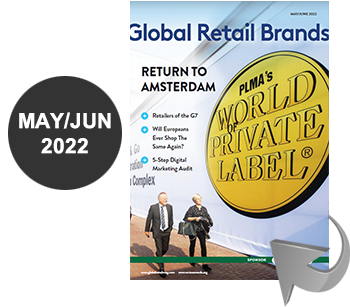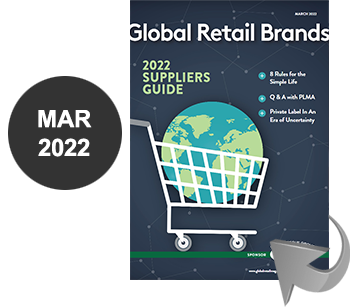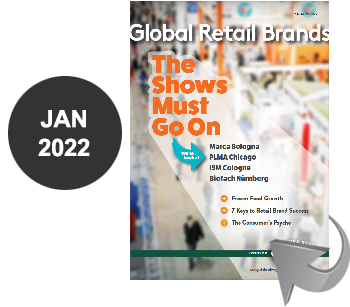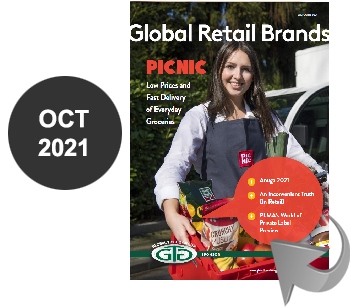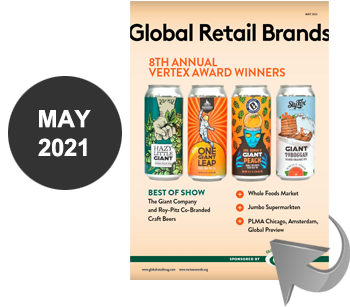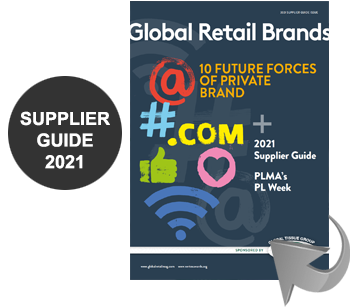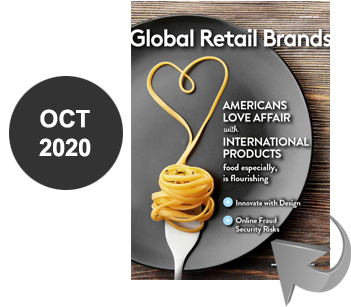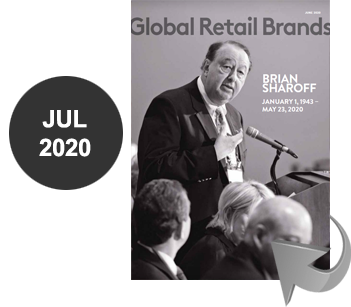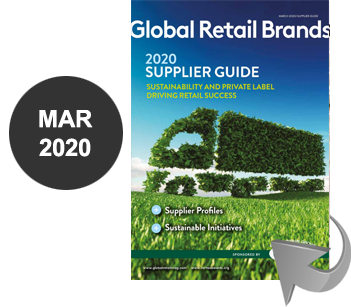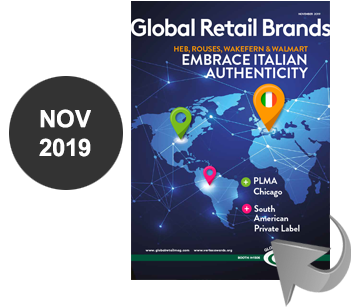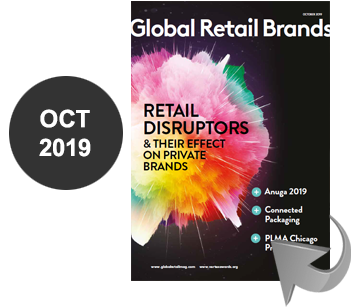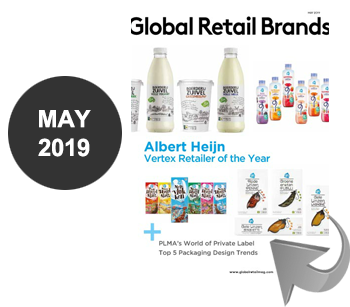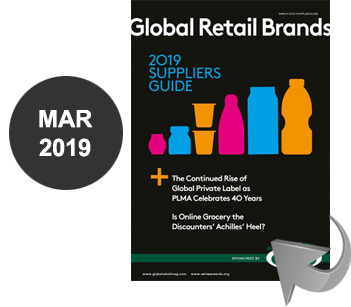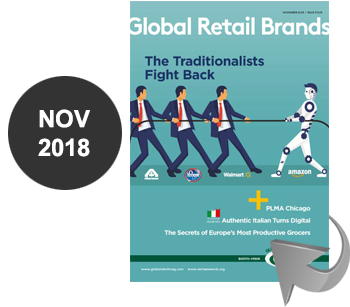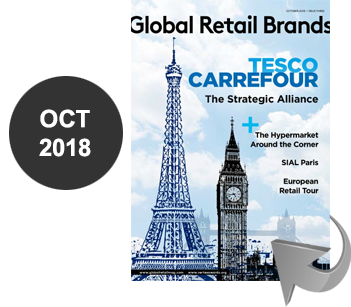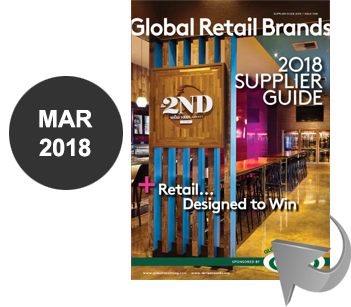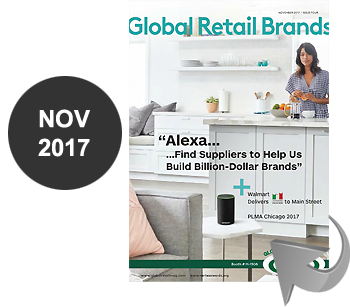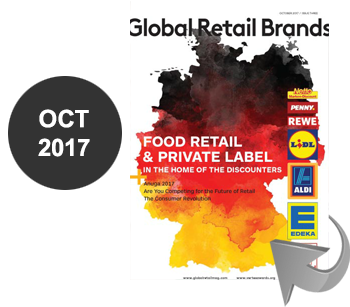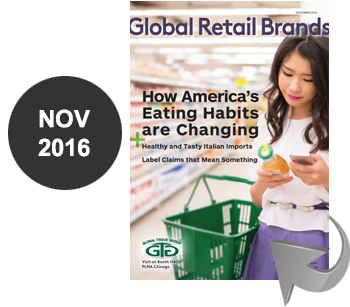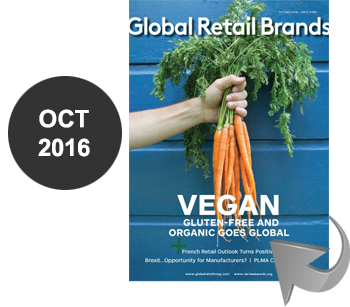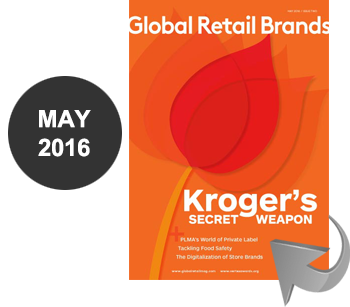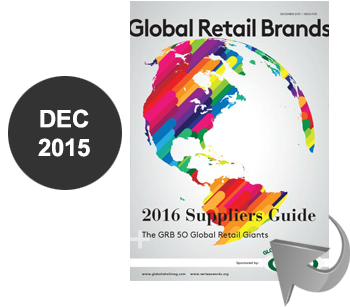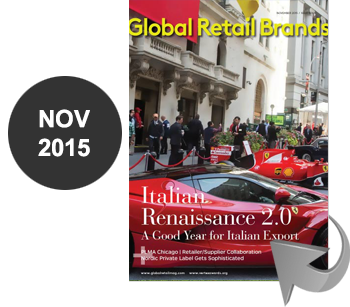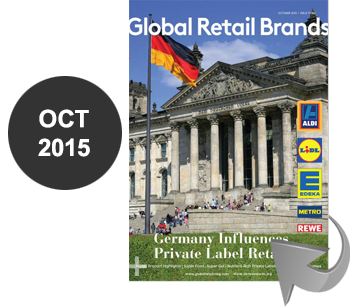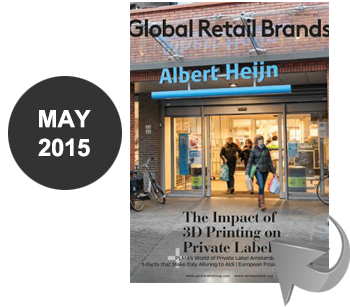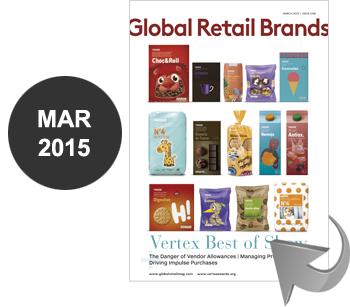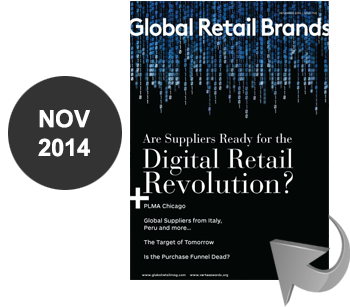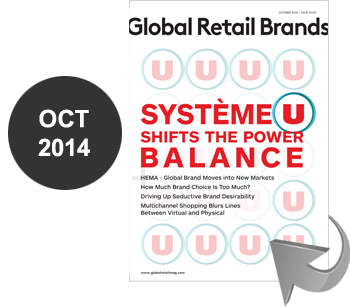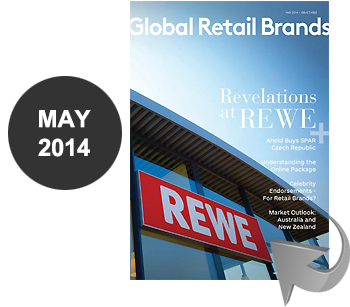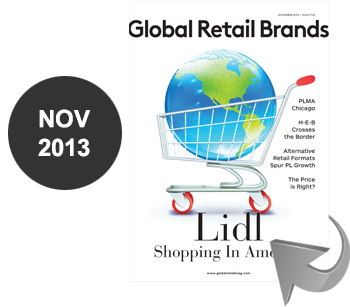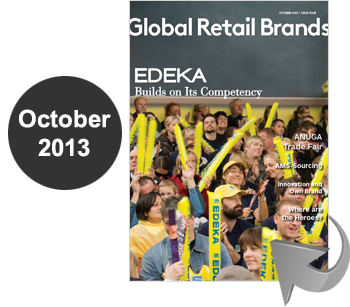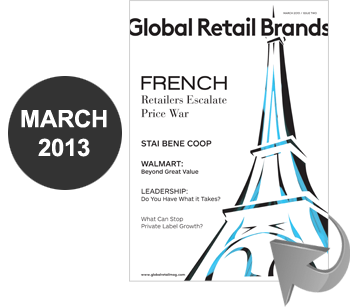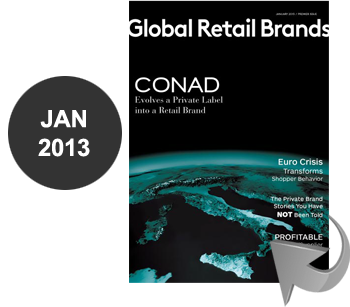 By / Richard Kohn
By / Richard Kohn
Even though the economy is improving and unemployment is declining, figures show that the growth of private label and retail brand purchases continues. CPG brand managers who have been telling their bosses (and shareholders) during the recession that volume will pick up again once the economy turns have to find a new excuse for the failure of their marketing budgets to capture the imagination (and share of pocket) of consumers.
The truth is there’s no way back. Private label share, captured during the downturn will not be easily given up by retailers – and for good reason. As a retailer, private label (be it traditional retail branded, tiered assortments or venture brands) are very seductive. And what’s not to love?
Shelves filled with products that sell in very high volumes promoting the strength of the retail brand, delivering significantly higher margins and utilizing the marketing spend of big brand manufacturers to pull growth in the category. For retailers, it’s the perfect storm… and that’s before we even consider the competition amongst manufacturers clamoring to supply these ever increasing sales volumes.
It’s not just a great deal for the retailer. Our consumers benefit massively through high quality alternative products which are often more innovative and always offered at a lower price.
So far, so good. This might appear like the start of a manifesto for all retailers to forsake CPG brands and go their own way. There are successful examples of retailers that have: Marks & Spencer, Waitrose (UK), Hema (The Netherlands), Mercadona (Spain) – before we even start to consider the discount powerhouses of Lidl, Aldi and Jeronimo Martins, however, even these chains understand that there is a place for big brands.
As retailers we appreciate that we cannot have it all our own way. We do need the big brands with their global marketing budgets to develop and grow the categories in which we offer our own brand products, and while there is short term an attraction of loading shelves with our own products we all know this is not sustainable long term.
We need the brands to survive and to be strong. We need them to sell products with premium pricing and create consumer demand through their marketing campaigns. We need them to have space on our shelves so that consumers have real choice when they shop in our stores.
Without their developments, innovation and investment there would be significantly lower overall category growth from which we benefit.
Operationally, it’s a challenging balance to achieve. Exactly how much of our ‘real estate’ do we give to the developer and how much do we retain as land owner. Seductive as it may seem, the old maxim still stands. It’s much easier to get products on to the shelf than off. So beware the seductive private label temptress, unless you are careful, she’ll lead you astray.
Richard is an expert in global marketing and an acknowledged strategic brand leader. He currently heads the private label division at one of the largest retail pharmacy groups in Europe. He’s held senior management positions in A brand CPG companies and led international marketing and strategy teams across CPG, consumer durable and business services companies. He’s also the European client partner for a leading brand excellence training institute which delivers brand and communications courses to Fortune 500 companies. Richard is dedicated to bringing the discipline and science of brand marketing and marketing communications to private labels, empowering them to cultivate critically essential marketing management competencies to lead them to build leadership brands. [email protected]




